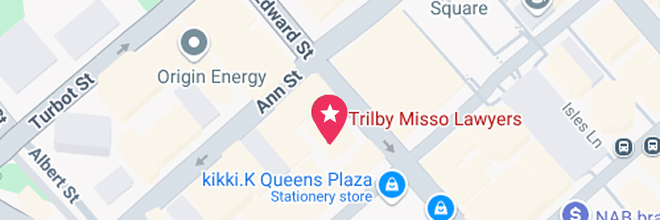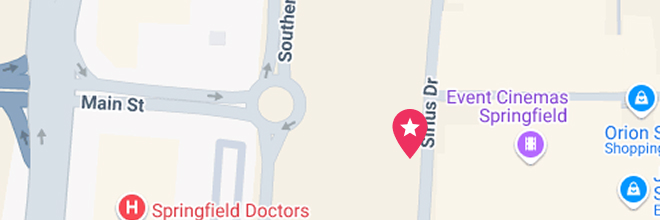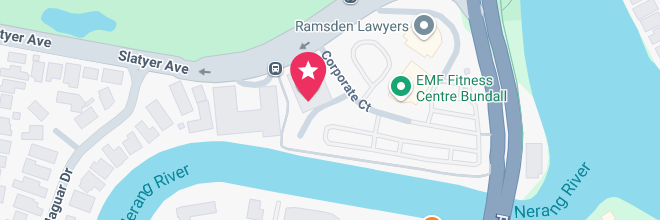Our Brisbane CBD Office
- Suite 400, Level 4/288 Edward St, Brisbane City QLD 4000
- (07) 3910 5470




Making a Total and Permanent Disability (TPD) claim following a workplace injury is a significant step for anyone who has been injured at work and finds themselves unable to return. For workers on the Sunshine Coast, this type of claim offers a pathway to financial support, especially when employment is no longer an option due to a serious injury. TPD claims can be complex, often requiring clear evidence of your condition and how it affects your ability to work.
Understanding the process and requirements of a TPD claim is essential. Each case must demonstrate that your injury or illness prevents you from working in your usual occupation or any similar role suited to your training and experience. On the Sunshine Coast, TPD claims are often supported by superannuation funds, which generally have provisions to assist workers in times of need. However, eligibility and success can vary based on individual circumstances, the type of injury, and the terms within your superannuation policy.
Given these complexities, the guidance of knowledgeable personal injury lawyers on the Sunshine Coast can make a real difference. Experienced accident lawyers understand what’s required to build a strong TPD claim, how to gather the necessary evidence, and how to navigate common challenges. In this blog, we’ll walk through the essentials of TPD claims, eligibility, and steps to take, aiming to give you clarity and confidence as you seek the support you deserve.
Understanding Total and Permanent Disability (TPD) Claims
A Total and Permanent Disability (TPD) claim is a form of financial support intended for those who can no longer work due to severe injury or illness. For Sunshine Coast residents injured at work, a TPD claim can ease the financial burden, allowing you to focus on recovery and adapting to new circumstances without the added stress of income loss.
Key aspects of TPD claims include:
Understanding TPD claims and the specific definitions used by superannuation funds is critical. Each super fund may have slightly different rules, so it’s crucial to review your policy’s terms carefully. With guidance from an experienced personal injury lawyer on the Sunshine Coast, you’ll be better equipped to navigate the claim process and ensure your application aligns with the requirements, improving your chances of a successful outcome.
Eligibility for a TPD Claim After a Workplace Injury
Eligibility for a TPD claim can vary, but it generally requires demonstrating that a workplace injury has left you unable to continue working in your usual role or any other job that aligns with your skills, experience, or education. On the Sunshine Coast, many workers have TPD insurance cover included in their superannuation, but understanding the specific eligibility requirements of your fund is crucial.
To qualify for a TPD claim, you’ll typically need to meet the following conditions:
When you’re injured at work, these requirements can be complex to navigate on your own. A personal injury lawyer on the Sunshine Coast can help interpret your fund’s terms, ensuring that your claim meets all eligibility criteria. Their expertise also helps in collecting and presenting the medical evidence needed to support your case, increasing the likelihood of a successful claim outcome.
Lodging a TPD claim after a workplace injury involves several important steps, each designed to establish your eligibility and need for the claim. It’s essential to approach the process carefully, as incomplete or incorrect applications can delay or negatively impact your claim’s outcome.
Here’s a step-by-step overview of the TPD claim process:
Applying for a TPD claim can be overwhelming, especially during recovery from a serious workplace injury. With the guidance of a skilled lawyer, you’ll have support at each stage, increasing your chance of a successful claim and providing you with peace of mind.
One of the most critical aspects of a TPD claim is providing sufficient evidence to support your case. Thorough documentation not only strengthens your application but also minimises the risk of delays or rejections. For Sunshine Coast workers injured at work, gathering the right evidence is key to demonstrating the severity of the injury and the permanent impact it has on your ability to work.
Here’s a breakdown of the evidence commonly required for a TPD claim:
A personal injury lawyer on the Sunshine Coast can assist in gathering, organising, and presenting this evidence effectively. Their expertise ensures that the information submitted aligns with your super fund’s requirements, enhancing your claim’s strength and increasing the chances of a successful outcome.
Navigating a TPD claim can be overwhelming, particularly when recovering from a workplace injury. Engaging a personal injury lawyer who understands the specific requirements of TPD claims on the Sunshine Coast can make a significant difference in the outcome of your application. With their guidance, you can avoid common pitfalls and ensure your claim is handled efficiently.
Here’s how a personal injury lawyer can support you:
Working with a personal injury lawyer on your TPD claim offers peace of mind and confidence that all aspects of your application are covered. From preparing documents to advocating on your behalf, they ensure your claim has the best possible chance of success, allowing you to focus on your recovery.
While a TPD claim can offer vital financial support, the process can sometimes involve challenges, especially for those new to navigating superannuation and insurance claims. Understanding potential hurdles in advance can help you prepare, making the journey smoother and less stressful.
Here are some common challenges to be aware of:
By working with a knowledgeable accident lawyer on the Sunshine Coast, you can tackle these challenges more effectively. A personal injury lawyer can help you prepare a strong claim from the outset, assist in gathering comprehensive evidence, and guide you through any obstacles that arise. Having experienced support reduces stress and enhances the likelihood of a favourable outcome for your TPD claim.
Navigating a TPD claim after a workplace injury on the Sunshine Coast can be challenging, but it’s a crucial step toward securing financial support when you’re unable to work. With a clear understanding of eligibility requirements, a thorough approach to gathering evidence, and the support of a skilled personal injury lawyer, you can improve your chances of a successful claim. By taking these steps, you can focus on your recovery with the peace of mind that your financial future is being safeguarded.
Kathryn is Trilby Misso’s Chief Executive Officer.
Meet KathrynUse this simple online tool and find out if you have a claim in less than thirty seconds. You can choose to remain anonymous.
Your next step is a small one. All you need to do is give us a call on 07 3910 5470 or complete this form here to arrange a quick chat.
During this initial conversation, we will:

We understand that taking legal action can be stressful, and we’ll do all we can to ease your concerns.
The chat can take place at our place, your place, or by phone. There is no cost, no pressure, and no obligation.
Call 07 3910 5470 or fill out this form, and we’ll get back to you within 2 hours (during business hours). We look forward to meeting you.
enquire now